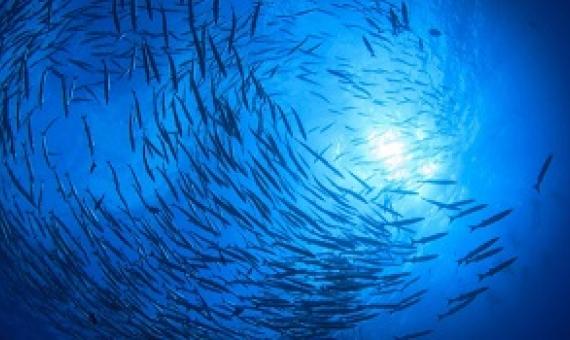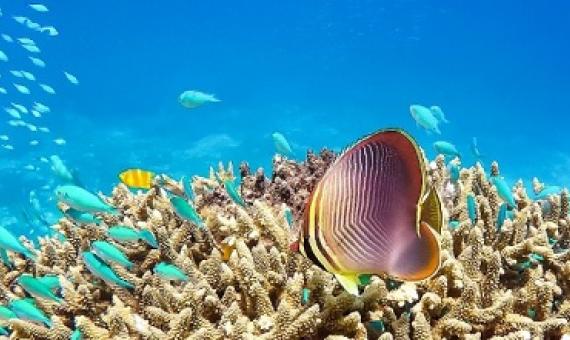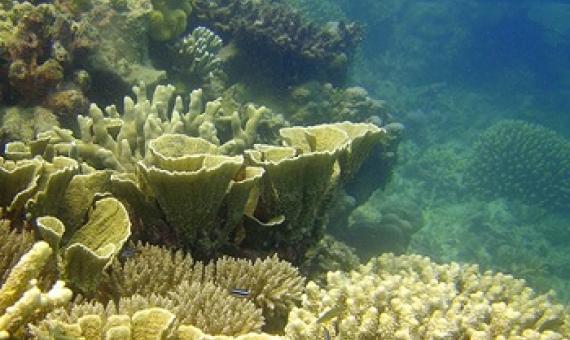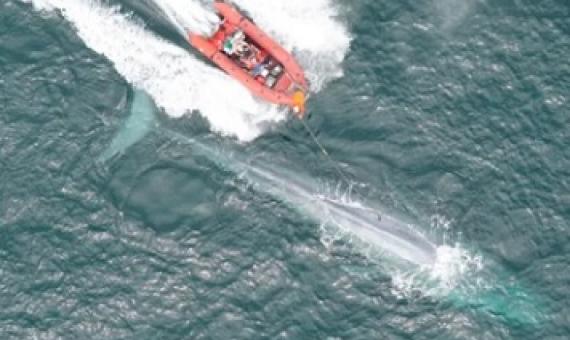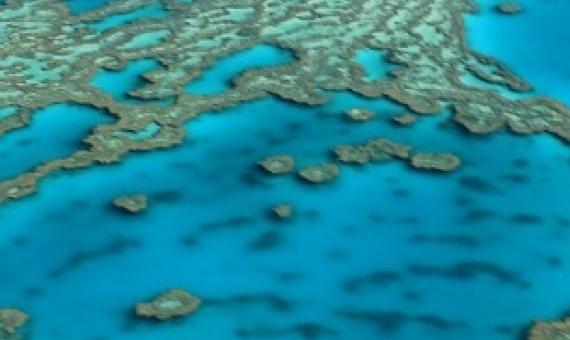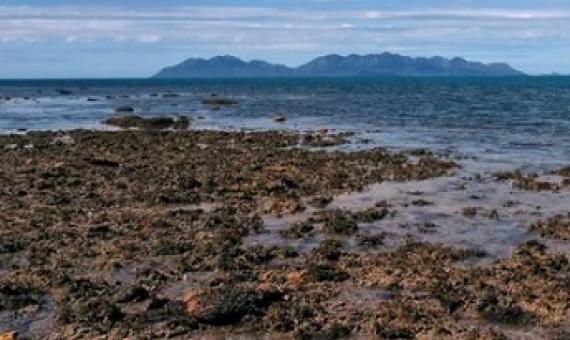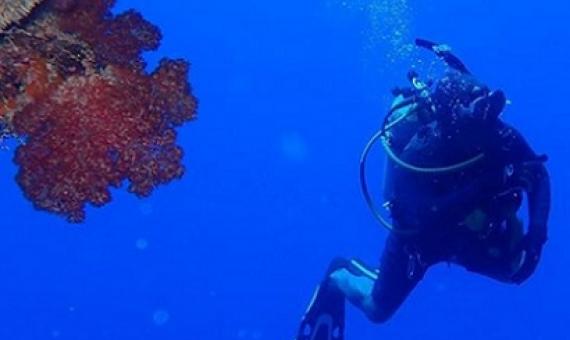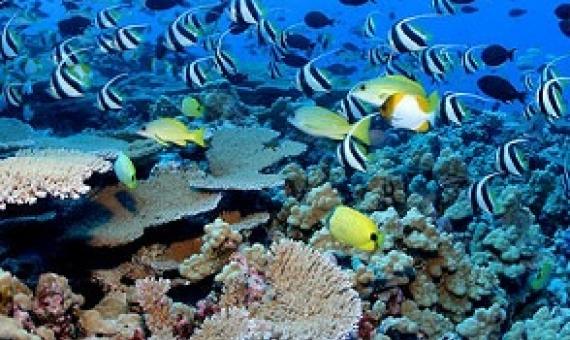Researchers from the University of Portsmouth will be part of an international project to help protect vulnerable marine ecosystems from climate change and human induced impacts, such as habitat destruction and pollution.
Playing sounds of healthy coral reefs can attract young fish to degraded, abandoned coral reefs in the northern Great Barrier Reef, a new study has found...Coral patches that blared sounds of healthy corals had both greater abundance and variety of reef fish species compared to the other two cont
For the first time, researchers have studied the impact of ocean acidification on coral reefs with a device that allows them to increase levels of carbon dioxide on living coral for months at a time.
A team of researchers in the US has managed to measure the heart rate of a blue whale for the very first time, and they were amazed by the extremes they saw. David Cade and his team found the whale's pulse dipped to as low as two beats per minute when the whale was diving and forag
Thirty Years of Research on Crown-of-Thorns Starfish (1986–2016): Scientific Advances and Emerging Opportunities
Research on the coral-eating crown-of-thorns starfish (CoTS) has waxed and waned over the last few decades, mostly in response to population outbreaks at specific locations. This review considers advances in our understanding of the biology and ecology of CoTS based on the resurgence of research interest, which culminated in this current special issue on the Biology, Ecology and Management of Crown-of-Thorns Starfish. More specifically, this review considers progress in addressing 41 specific research questions posed in a seminal review by P.
Coral Reefs and People in a High-CO2 World: Where Can Science Make a Difference to People?
Increasing levels of carbon dioxide in the atmosphere put shallow, warm-water coral reef ecosystems, and the people who depend upon them at risk from two key global environmental stresses: 1) elevated sea surface temperature (that can cause coral bleaching and related mortality), and 2) ocean acidification. These global stressors: cannot be avoided by local management, compound local stressors, and hasten the loss of ecosystem services.
A recent publication “Marine zoning revisiting: How decades of zoning the Great Barrier Reef has evolved an effective spatial planning approach for marine ecosystem-based management” published in Aquatic Conservation: Marine and Freshwater Ecosystems distills important lessons from Australia’s ev
A coral scientist whose work is attacked in a mini-documentary from the Institute of Public Affairs says the rightwing thinktank has misrepresented her study.
A comprehensive biodiversity assessment of the Southern Lau Islands conducted by Conservation International (CI) and partners recorded six new fish species. the report said it included 39 newly identified species.
A team of marine scientists are on a mission to preserve biodiversity in oceans around the world. To do it, they need accurate maps that will help them identify areas in need of protection.

